Teflon cables are often considered the ideal choice for harsh environments due to several key properties and characteristics that make them well-suited for challenging conditions. Here are the factors that contribute to Teflon cables being an excellent choice in harsh environments:
Chemical Resistance:
Teflon is highly resistant to a wide range of chemicals, including acids, bases, solvents, and corrosive substances. This chemical resistance makes Teflon cables suitable for environments where exposure to harsh chemicals is a concern.
Temperature Stability:
Teflon has exceptional temperature stability, with the ability to withstand extreme temperatures both high and low. Teflon cables maintain their electrical and mechanical properties over a broad temperature range, making them suitable for applications in harsh climates.
Excellent Dielectric Properties:
Teflon is known for its high dielectric strength and low dielectric constant. This makes Teflon cables an excellent choice for electrical applications where insulation and signal integrity are crucial, especially in harsh environments.
Water and Moisture Resistance:
Teflon is inherently resistant to water absorption and moisture. Teflon cables maintain their performance even when exposed to wet or humid conditions, making them suitable for outdoor and marine applications.
Abrasion Resistance:
Teflon cables exhibit good resistance to abrasion, minimizing wear and tear in harsh environments with abrasive materials. This property is beneficial in industrial settings where cables may come into contact with rough surfaces.
UV Resistance:
Teflon has inherent resistance to ultraviolet (UV) radiation, preventing degradation and maintaining its properties when exposed to sunlight. This UV resistance is crucial for outdoor applications where cables are exposed to sunlight.
Flexibility and Flex Life:
Teflon cables offer excellent flexibility and have a high flex life, meaning they can withstand repeated bending and flexing without degrading. This property is advantageous in applications where cables may experience constant movement or flexing.
Non-Flammable:
Teflon is non-flammable and does not support combustion. In harsh environments where fire safety is a concern, Teflon cables provide an added level of protection.
Low Friction Coefficient:
Teflon has a low friction coefficient, which reduces the risk of cable damage or insulation wear due to friction with surrounding materials. This is particularly important in applications with constant movement or vibration.
Resistance to Mechanical Stress:
Teflon cables maintain their electrical and mechanical properties under mechanical stress, making them suitable for applications where cables may be subjected to tension or pressure.
Chemical Inertness:
Teflon is chemically inert and does not react with most substances. This inertness contributes to the material's stability and longevity in harsh chemical environments.
Low Smoke Emission:
In the event of a fire, Teflon cables emit low levels of smoke and toxic gases, contributing to improved safety in harsh environments.
Due to these properties, Teflon cables are commonly used in industries such as aerospace, automotive, chemical processing, oil and gas, and other demanding applications where reliability and durability in harsh conditions are critical.

 ENGLISH
ENGLISH 简体中文
简体中文 GERMAN
GERMAN SPAIN
SPAIN
 +86 181-5747-1135
+86 181-5747-1135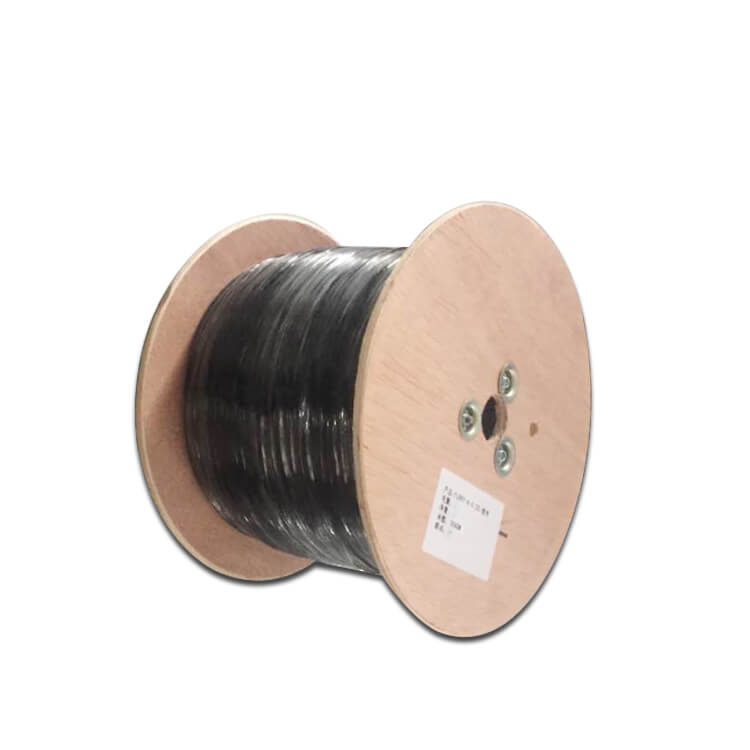
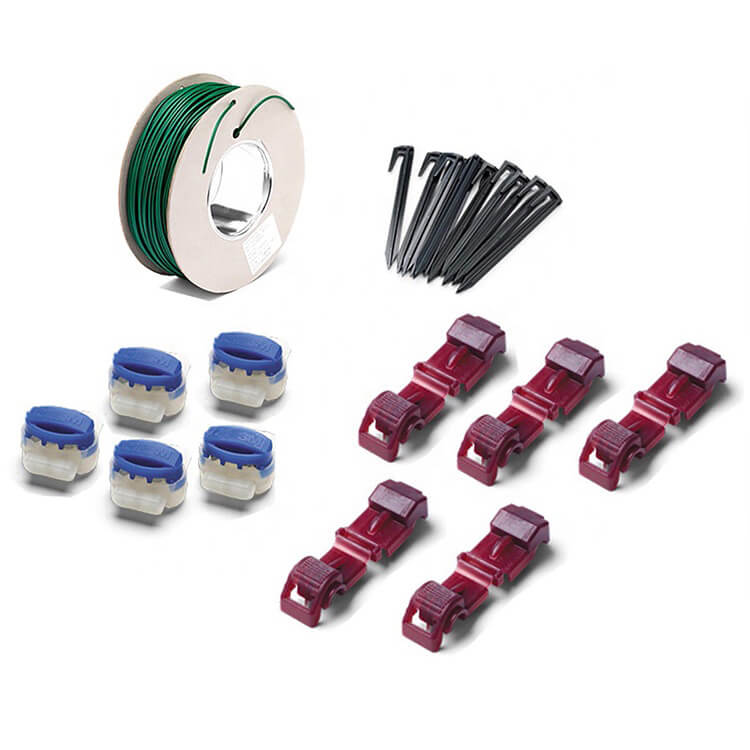
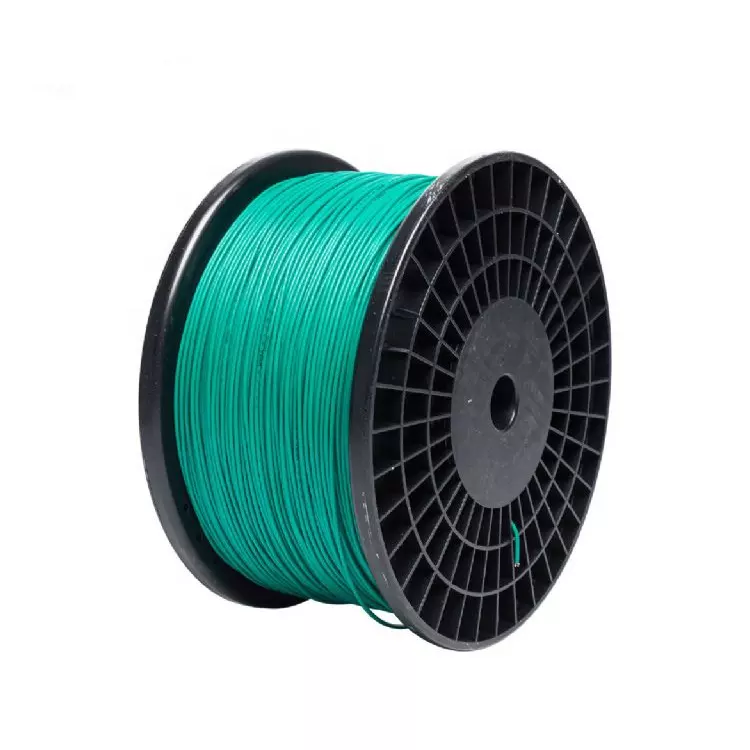



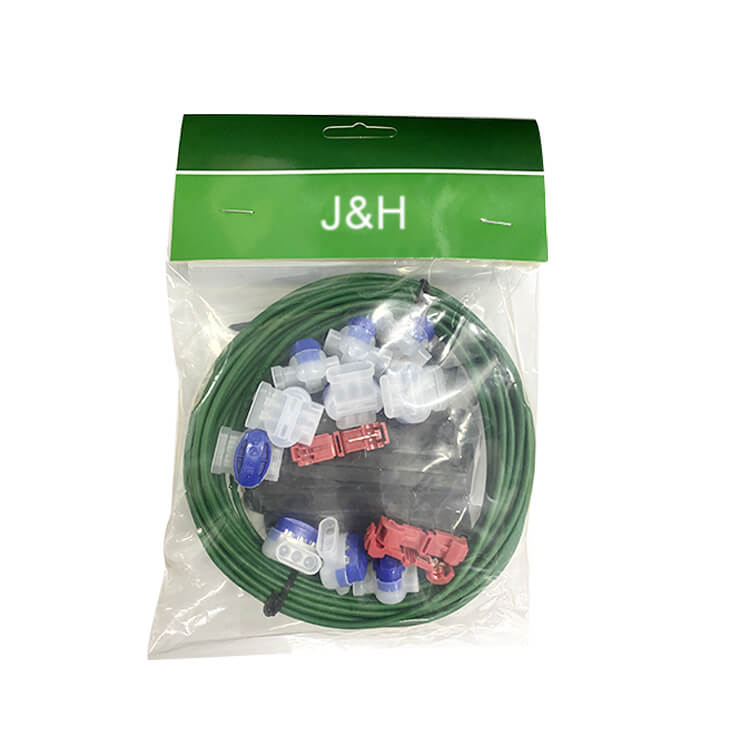
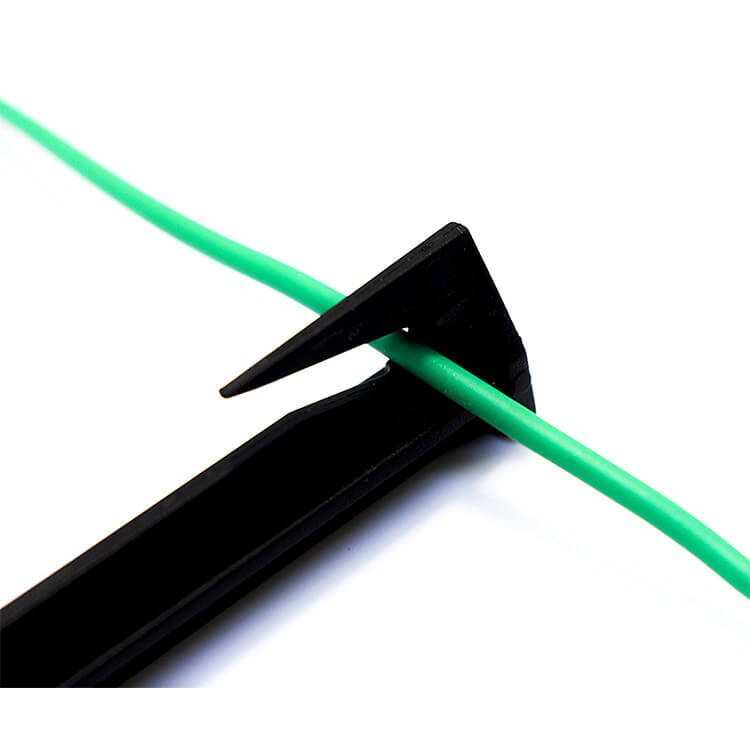
 Abroad:+86 181 5747 1135
Abroad:+86 181 5747 1135 FAX: +86 574 8900 7636
FAX: +86 574 8900 7636 E-mail:
E-mail: 

 read the map
read the map

